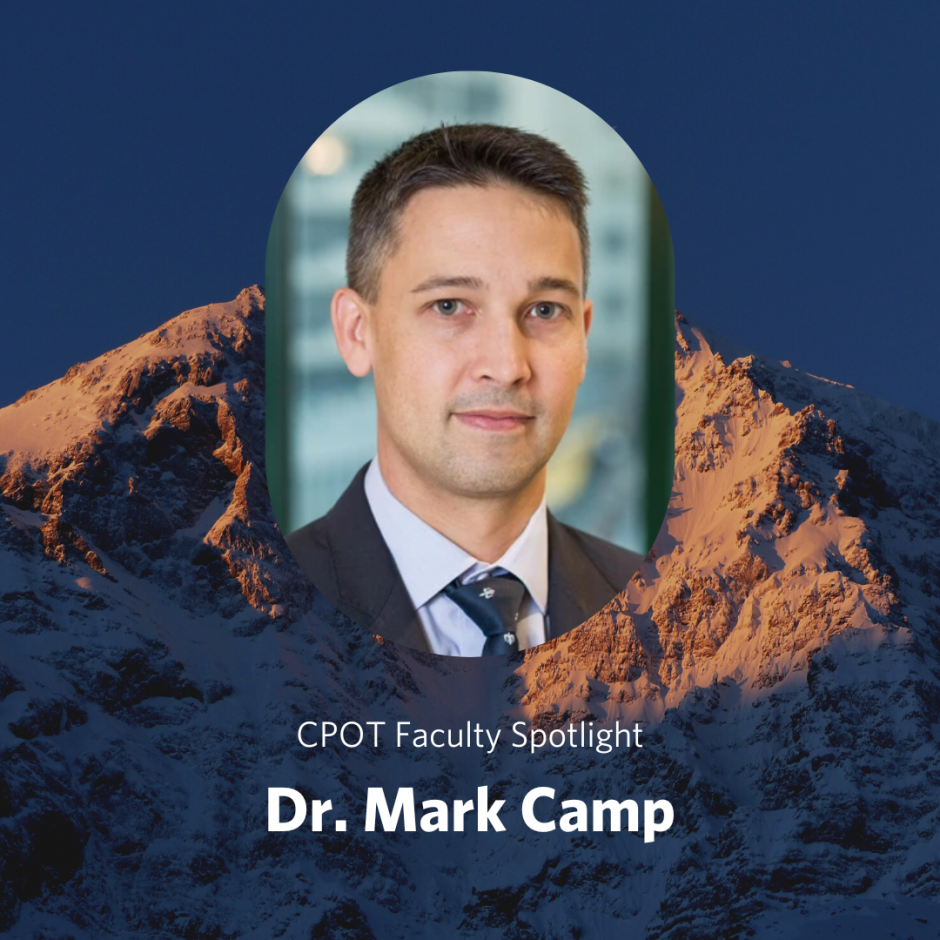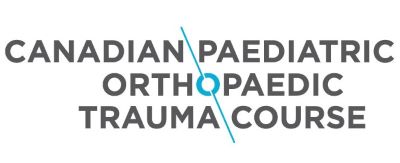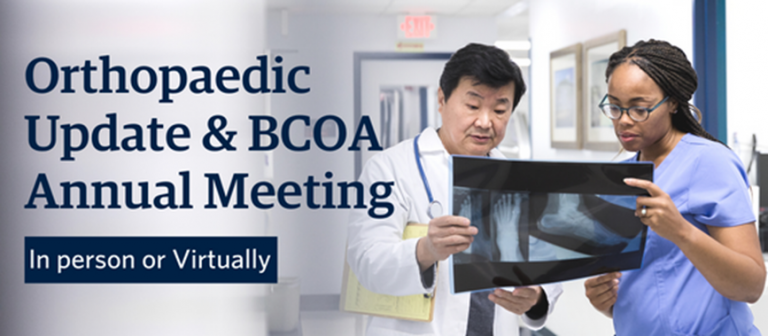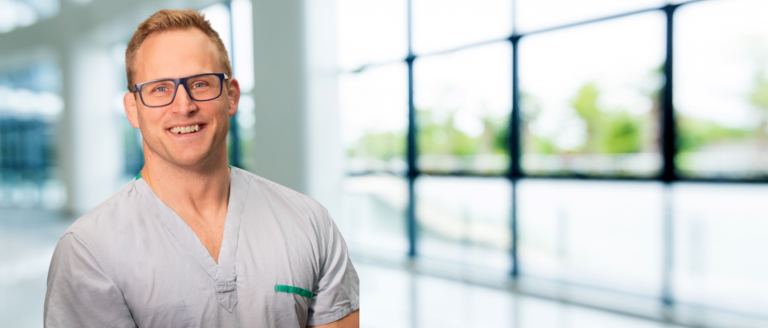By Jolie Leung


The annual Canadian Paediatric Orthopaedic Trauma Course (CPOT) covers current and practical updates in all aspects of paediatric trauma surgery by experts who share insights, tips, and up-to-date surgically relevant content. Learn more about some of our experienced international faculty members that have participated in CPOT, and register for the upcoming January 2023 course!
In this spotlight, learn more about Dr. Mark Camp, Paediatric Orthopaedic Surgeon at SickKids in Toronto, and Assistant Professor of Surgery at U of T. Having taught at CPOT every year since its inception, he shares his insights into the course. Come learn from him in-person at CPOT in January 2023!
Can you tell me a little about your work?
I am a Paediatric Orthopaedic Surgeon at SickKids, in Toronto. It is Canada’s largest paediatric hospital, and the busiest trauma centre in the country for children. I have always had a strong interest in paediatric trauma, particularly in resource optimization. I think of it as Robin Hood’s role – taking from the resource-rich who have it to spare, and giving to the resource-poor.
What do you like the best about CPOT?
I enjoy the opportunity to establish lifelong connections with community partners, both in Canada and internationally. This includes not only imparting tips and tricks I have learned from focused practice in paediatrics onto other surgeons who do not work with paediatric trauma patients every day, but also putting a name to the face so they can reach out for help and get in touch with me if needed. If you’re a surgeon in Northern Ontario, you will be referring patients to SickKids, so establishing that connection with me means that the next time you have a challenging case, you can simply send me a text to ask for advice.
Swapping tips and tricks and the valuable experience of networking isn’t only for my and other surgeons’ benefit, but also for the healthcare system as a whole. I’ve taught at CPOT every year so far since its inception.
Who do you think should be attending CPOT, and who stands to benefit the most from it?
The particular person who would get the most out of it would be a graduating resident or a fellow who is about to start community-based practice. This is particularly if their residency hasn’t focused particularly on paediatric trauma, but now their practice is expected to make use of it. A community surgeon in practice who has specific questions about a certain fracture that has been challenging them, or wants a refresher to learn up-to-date tips and tricks, would also benefit. Lastly, a trainee who is interested in a career in paediatric orthopaedics could benefit from obtaining skills necessary to be successful in their last years of residency, at CPOT.
Can you tell me about your favourite part of the course?
I personally really enjoy the case discussions. They are case-based, small group discussions at the end of each morning session, where pearls and pitfalls for paediatric trauma patients are highlighted. Paediatric trauma can be very hard or very easy, and here you can find many tips and tricks to make it much less challenging.
Could you walk me through what happens in a case discussion?
We curate cases, based on a real-world case seen in the OR or ER, that highlight very important teaching points. For example, we’ve had X-ray features, reduction techniques, adjuncts, or imaging that is very beneficial. The goal is to optimize and maximize trainees’ learning. It’s essentially high-end learning – most people attending have a high level of orthopaedics knowledge already. Lectures in the morning get everyone up to the same speed, then case discussions provide extra in-depth discussion and allow attendees to interact and speak to experts, have their questions answered, and come away with points that the average orthopaedic surgeon would not have, given that they don’t have the same opportunities to see these kinds of fractures.
What do you think makes CPOT unique?
It focuses very specifically on paediatric orthopaedic trauma in isolation, instead of focusing on passing exams or more broad topics. At the same time, this course remains generalizable ad applicable to other orthopaedic surgeons, because even if they are an adult shoulder expert “in the daytime,” at night on weekends, they might be treating paediatric patients. This course targets those individuals while also providing learning opportunities for people who do focus on paediatrics. In that way, both established general surgeons and young focusing trainees and surgeons can benefit from the course.
Of course, the location in Whistler is also a bonus. Everyone is trapped in the mountains and the snow, which focuses everyone’s learning and gives a more intimate, energetic atmosphere.
Don’t forget to register for the upcoming 2023 Canadian Paediatric Trauma Course!
We can’t wait to have you join us in Whistler for the IN-PERSON 2023 Canadian Paediatric Trauma Course (CPOT) in January. We’ll have current and practical updates in all aspects of paediatric trauma surgery provided by experts who will share insights, tips, and up-to-date surgically relevant content. Learn, network, and play all in beautiful Whistler, BC.
Date: January 26-27, 2023
Location: Fairmont Chateau Whistler, 4599 Chateau Blvd, Whistler
If you are a paediatric orthopaedic trauma surgeon or a community orthopaedic trauma surgeon, then this is the course for you!


